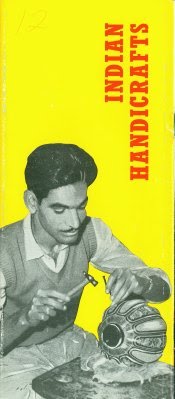Archival supplies are often the overlooked backbone of special collections. Imagine if we didn’t have boxes to hold all those priceless papers, or rubber stamps to warn everyone that the enclosed tintypes were “FRAGILE”?

Boxes, folders, envelopes, interleaving paper: all of these things have been specially made treated to be acid-free, lignin-free, and archivally safe for the materials we store in them. They are designed to extend the life of our collections by preventing items from shifting during transport, or letting users grab a sturdy folder instead of a delicate manuscript. Some boxes and folders are chemically engineered to absorb oxidative gases from items like old newspapers, preventing them from yellowing or damaging other papers that might be stored in the same box.
Specially designed supplies usually result in extremely expensive supply costs for a special collections library. Regular cardboard boxes can cost as little as a dollar, while our archival boxes for letter-sized paper cost as much as $10. Oversized material requires extra-large folders and boxes, which can run as much as $40 per box! Even tiny supplies pack a punch: stainless steel paper clips, for example, cost a whopping 8 cents per paper clip. Regular paper clips are much cheaper (less than 1 cent), but they also rust and damage paper.
As archivists, we want to protect our collections so they will last as long as possible. Special supplies, while expensive, are critical to our success.
Post contributed by Meghan Lyon, Technical Services Assistant.







